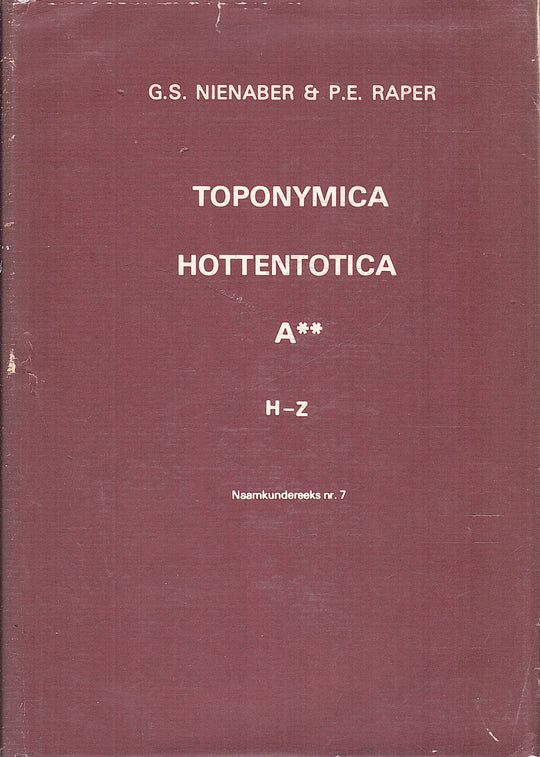ǀŪkaib
The PNC has set the spelling as 'Okiep'. The residents sent petitions to retain the old spelling 'O'okiep', but the minister did not agree to it (letter 15 4 1955). The derivation in parts no major problem: The -P is locativering, ǀ U = Brak, and maybe the Gei 'big', the 'place of the big brackole'. The farm is called Brakfontein, the name found in the mine correspondence from the year 1866 as O'Okiep and also affection applies to the mine itself and in the village. This statement has become about traditional traditionally. However, we notice two things. The one is that the pattern is 'brackish', such as Okiep literally, is a less common pattern, Well in Old Cape is the pattern 'big-brack'. Secondly, we are left in uncertainty whether the member -kiep indeed had no Schnalz. The records we have been documented relatively late. Then there is the fact that in Caribib sites that are apparently formal and semantically comparable elements, cf. Ukuib and Ukeib, there with the meaning of 'salt' and / or 'brackish', as accepted. Then the question of whether Okiep is not read as ǀ u- 'Brackish', the -kie then with suction consonant in front (soǃ Kei and not gei), and, what we also consider important, then the composition in his bond follows the usual pattern and structurally complete. We point to this possible explanation of Okiep as 'brackish' (ǀ u- From Weber's time off. In the documentations we have to do so, we do not find support for Mr Cornelissen's statement.




